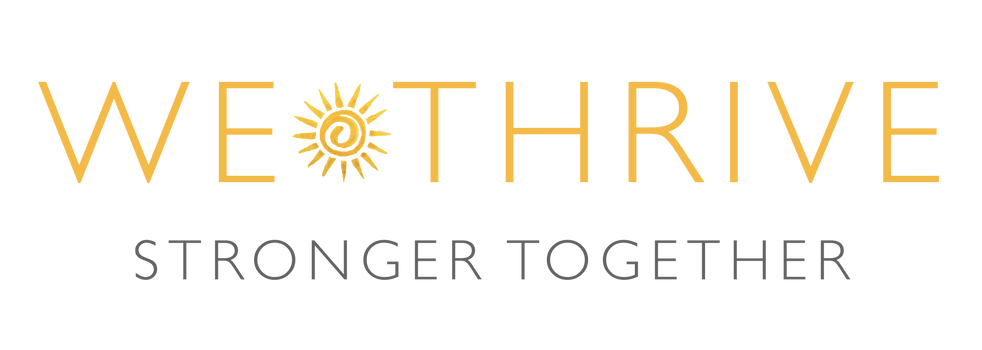Can’t Not Won’t – tips and insights from Kate Olphert
This is the title of a book recently published about a child who couldn’t go to school.
Kate Olphert, who spoke to us so interestingly about this subject last month, emphasized this exact point – that for these children, it is not an act of defiance or ill-will, but a feeling that they just can’t do it. Why?
Kate says, ‘Often they don’t really know why they can’t do this thing that most of the other kids can do with not much trouble at all… it’s not about school itself, it’s a fear of the feeling that will be engendered or has been engendered by school.’ This could apply to so many situations, not just school and it is important to remember that, ‘they want for nothing more than to feel normal, to be like everybody else.’
In Kate’s 15 years of working as a coach with parents and children/teens in this field, she has noticed that many of the children she works with ‘have another thing going on like ADHD, ASD (Austistic Spectrum Disorder), slow processing, sensory processing. In short these children most often are huge sensitives, are neurodiverse or have some sort of learning challenge, things common to alot of our children in this community.
When will we begin as a society to look at these qualities, not as a disorder, but as important and key qualities needed in the world today? When we can celebrate these qualities and turn our focus more towards what our children enjoy, where and when they feel happy, support them to follow where their interests and abilities lie, this idea of a disorder can become instead a strength.
The key message of Kate’s talk was to us as parents, ‘Don’t lose hope… these children are good humans, excellent people. They might be a bit quirky, but they are, in so many cases, the people we need in the world now.’
Kate gave us some key tips for handling and approaching this kind of situation – whether it be school refusal or any kind of situation where our child is resisting:
-
-
Ground yourself in whatever way works for you – keeping a clear division between you/what you need and what your child is going through
-
Write down the story so far. Perhaps write down a factual account and a version that tells it from the feelings and emotions involved. This, she says, ‘can be so useful and stops having to repeat the story over and over to schools, therapists, educational professionals which can sometimes keep cementing all the negatives. It can help to free the mind and give a sense of perspective too.’
-
Maintain age appropriate expectations for your child/young adult. Don’t over compensate for them or infantilize them. The more we do for them, they less they do and they more energy they put into resisting as opposed to taking responsibility. Also doing more gives them more time to dwell and overthink.
-
Ring fence the school/social issue – it doesn’t apply to everything and all aspects of their lives. Keep it in perspective. Focus on other aspects that are going well.
-
Keep their brains stimulated – a great antidote for letting the anxiety run riot.
-
If we just keep pushing they will keep resisting – absolutely key point!
-
Talk to them about education as opposed to ‘school’. How they would like to engage with education, what that might look like for them, what they would like to learn about and pursue.
-
Wherever possible remember to reframe your thinking about your child which can become lopsided – looking at the situation in a way that is exploratory, asking questions, celebrating who they are, thinking positively about our child and the future.
-
If you would like to book a consultation with Kate then please do email her at kate@groundbeneathyourfeet.co.
April Monthly Theme
We have introduced the idea of a monthly theme to bring to meetings, into our conversations and also here in the Newsletter.
This month it is …
Acceptance
“Serenity comes when you trade expectations for acceptance”.
– Guatama Buddha –
Video link to watch from Gabor Mate talking on his book, The Myth of Normal, and about acceptance in a cultural context:
“According to the research the best place to be a schizophrenic in the world [and here you can apply anything eg neurodiversity, autism, any difference] is not North America with all its’ pharmacopeia. It’s actually a village in Africa or India, where there’s acceptance, where people make room for your differentness, where connection is not broken but maintained, where you are not excluded and ostracized but where you are welcomed, and where there is room for you to act out whatever you need to act out, to express what you need to express and where the whole community might even sing with you or hold ceremony with you and maybe find some meaning in your quote unquote craziness…. it’s contextual and it’s cultural. Disease is not an isolated phenomenon of an individual, it’s a culturally constructed paradigm.”
April Talk
Wednesday 19th April, from 6.30pm
Dave Noble, Recovery Coach, will talk to us on the subject …
Institution V Intuition
Dave will talk to us about this delicate balance of trusting & honouring our intuition as people and parents whilst receiving the insights and advice of professional bodies and individuals.
Copyright © 2022 WE THRIVE, All rights reserved.


